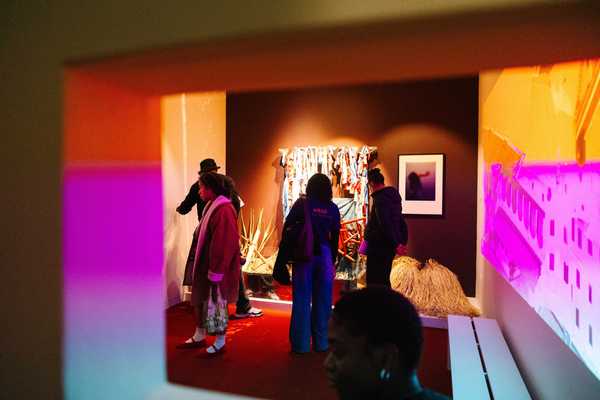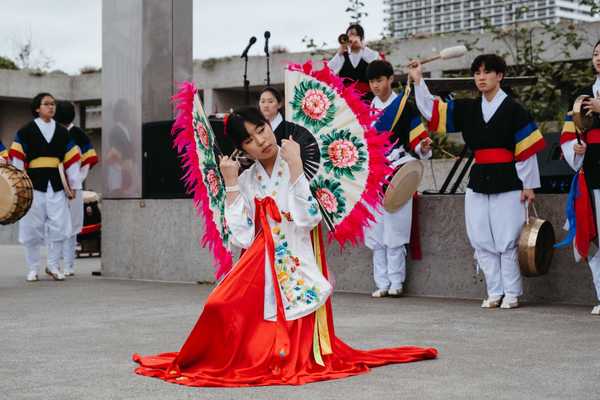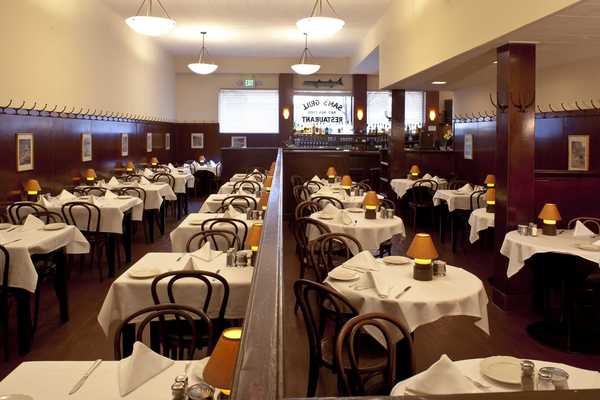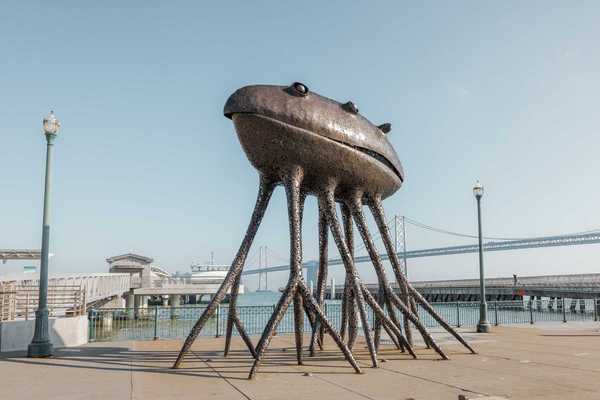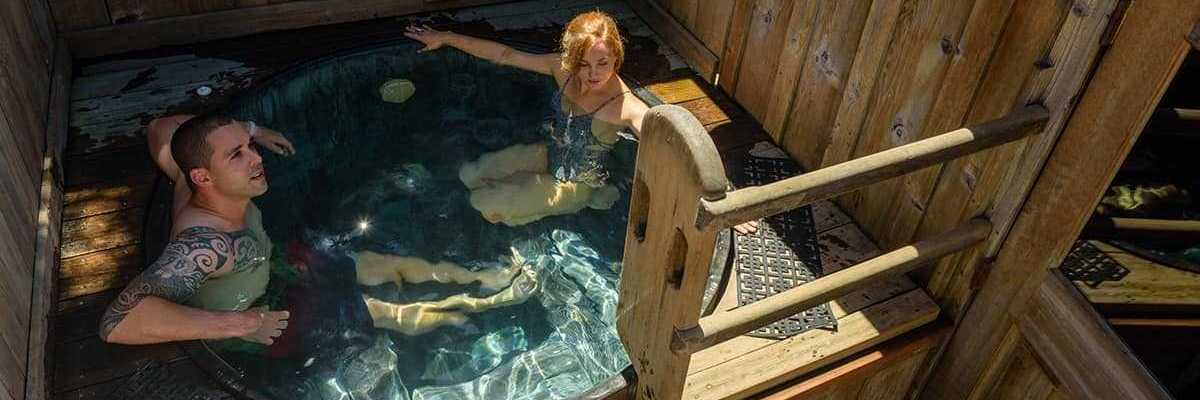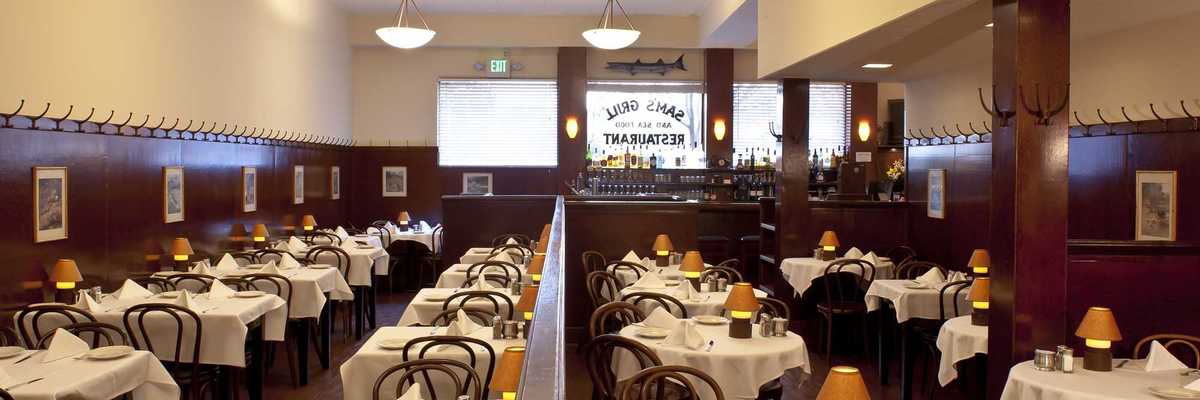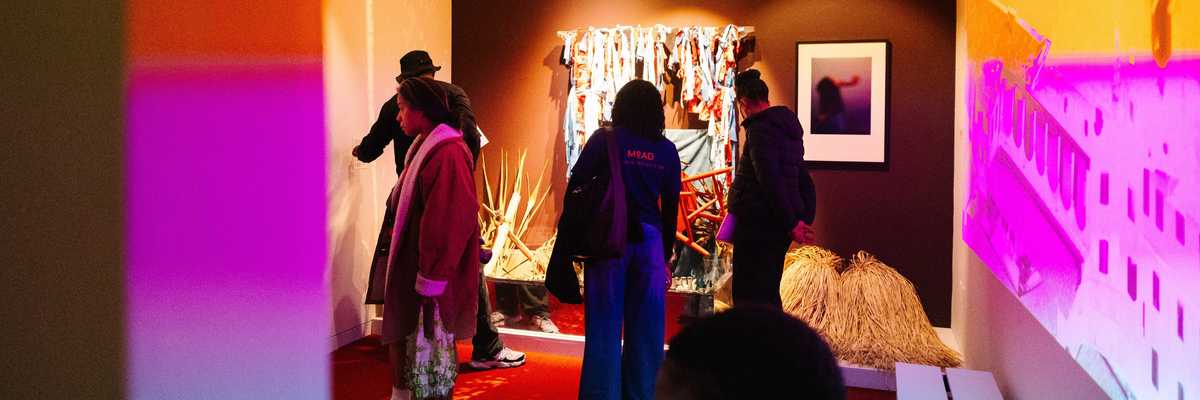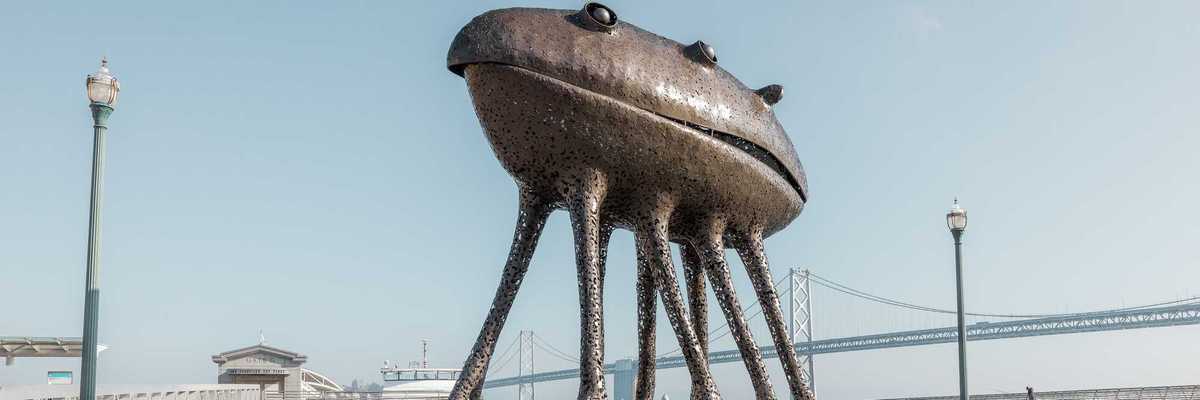In times of crisis, we crave mythology, as much as history, to guide us. Tony Kushner understood this when, in 1989, San Francisco's Eureka Theater commissioned him to write a play on progressive themes, and he dove headlong into the AIDS epidemic, the complicated emotional and sexual politics of having one's lover diagnosed, the cold indifference of the Reagan administration, and the ironic demise of one of the great, closeted villains of conservatism, Roy Cohn.
The result is something epic in scope, imagination, and length, and a play that provided a viciously funny, cutting, and simultaneously optimistic balm in response to an enormous tragedy—complete with angels who descend from on high.
Though Berkeley Rep's artistic director Tony Taccone was one of the people who originally commissioned Kushner's work nearly 30 years ago, and he's gone on to stage most of Kushner's subsequent plays, Berkeley Rep had never mounted a production of Angels in America. Only Part One, Millennium Approaches, was ever performed at the Eureka, and the play would have its official premiere in Los Angeles before becoming a sensation on Broadway in the 1993 and 1994 seasons. Taccone says that it was after the election of Donald Trump that he understood how important the play could still be.
This production is full of impressive stagecraft and visual surprises, with a deceptively spare and monolithic set by Takeshi Kata, intricate lighting design by Jennifer Schriever, and dozens of scene-setting projections by Alexander V. Nichols. An overall strong cast is anchored by a furiously great performance by Stephen Spinella as Roy Cohn. Spinella said in an interview that he was reluctant to take the part, having won two Tony Awards playing the role of Prior in the original production, because he saw the character of Cohn as "so unpleasant and so ugly and gross." But ultimately Kushner convinced him to take the part because Cohn is, if nothing else, "vital" as he battles his own inevitable death—and Spinella reimagines the role with a fresh sense of rage and unflinching ego, and it's mesmerizing to watch.
Also terrific in their respective roles are Carmen Roman as a stoic Hannah Pitt/Ethel Rosenberg and multiple other roles; Danny Binstock as Joe; Bob the Drag Queen a.k.a. Caldwell Tidicue as Belize; Benjamin T. Ismail as Louis; and Queer as Folk star Randy Harrison turning in a strong, wrenching performance as Prior, which no doubt must have been somewhat intimidating as he shared the stage with the role's creator, Spinella. The only performance that feels underwhelming, or emotionally off, is that of Bethany Jillard as Harper—and hers was the hardest performance not to compare to the original, by Marcia Gay Harden, or to that of the actress who played the role in the HBO version, Mary Louise Parker. Harper is the kooky Cassandra of this fable, with one foot constantly in a Valium-fueled, magical parallel reality that takes her to Antarctica and back, and in this version Jillard doesn't seem comfortable making Harper anything more than mortal, scared, and angry.
Seeing the play staged for the first time since it was on Broadway (I saw most of the original cast during my freshman year in college), I was struck again and again by lines that still resonate—not the least of which, from a homeless woman who appears only briefly in Part One, "In the new century I think we will all be insane." There are aspects of the script, which is mostly set in 1985, that can feel trapped in amber, such as the use of AZT to treat HIV, which turned out to cause more suffering than it was worth though it's treated here like a great symbol of hope; and the idea of a gay Mormon struggling to come out felt fresher before The Book of Mormon. But mostly, it's stunning how much of what obsessed politically minded, left-leaning gay men in the 1980s remains so prescient—referring to the Republican party as being half theocrats and half Libertarians, discussing how politics are America's only real religion, and "only in politics does the miraculous occur."
It's also striking how much San Francisco sneaks into this play that is set in New York, and is very much about New Yorkers. Kushner explains this in an interview saying, "a San Francisco theater commissioned it and a lot of the writing happened at the Russian River or at Cafe Flore." San Francisco becomes a haven for these New Yorkers, taking on the glow, as it still arguably does in the collective unconscious, as a place of spiritual pilgrimage. If the streets of New York are a kind of hell, "Heaven is a city much like San Francisco," as the angels repeat several times. And it's on a "night flight to San Francisco" that Harper has a kind of revelation, and delivers her famous, lyrical closing monologue about souls floating up to fill holes in the ozone.
Kushner's radical, lyrical, at times extremely dense fever dream of a play is, ultimately, an unforgiving mirror on American culture and its identity conflicts, scene by scene juxtaposing the vulgar and the holy, the ironic and the sincere, the cultured and the camp. He's made slight tweaks to the script in the decades since the Broadway run, and in fact has continued tweaking parts of Perestroika like the act known as "The Epistle," in which the Angel delivers her complete message to Prior. It's confusing still, to be sure, but there's a prescience to this too: The entire message boils down to "stop migrating, stop moving around, and stop progressing." Humanity has created chaos for itself because of a quirk in God's plan, and ever since losing his grip on the rapidity of change, God has abandoned us, and the angels, to our own devices.
In Kushner's mythology, there is a constant dropping back to earth, a persistent reminder of human frailty, and by extension, divine frailty as well. It's optimistic and funny to have a man who believes he's close to death visited in bed by an angel who declares him a prophet—thereby elevating his place in the universe beyond the immediate, messy reality of his illness. It is also comforting that the angels are portrayed as bumbling bureaucrats, struggling to make sense of a situation that has gotten away from them, and a God who has abandoned them, all the while coughing as if showing symptoms of their coming demise. And all this is heralded at the end of Part One, as Prior witnesses the Angel's arrival, with an iconically famous Kushner-esque aside: "God Almighty!" he cries. "Very Steven Spielberg."
It is this and many other moments of uniquely funny, transcendent relief that make Angels in America the stuff of great literature. Just as his characters are left with a sense of hope in their own lives, Kushner leaves us with a sense of hope in the refuge of art in perilous times. And it's worth sitting through the seven hours to bear witness to it live, vital, and in the flesh.
'Angels in America' Parts One and Two play in repertory at Berkeley Rep through July 22, with both parts performed back to back on Saturdays and Sundays with a dinner break in between. Find tickets here (theater-goers under the age of 30 should seek out the special discount).
This review was originally published on Opening Night SF.





